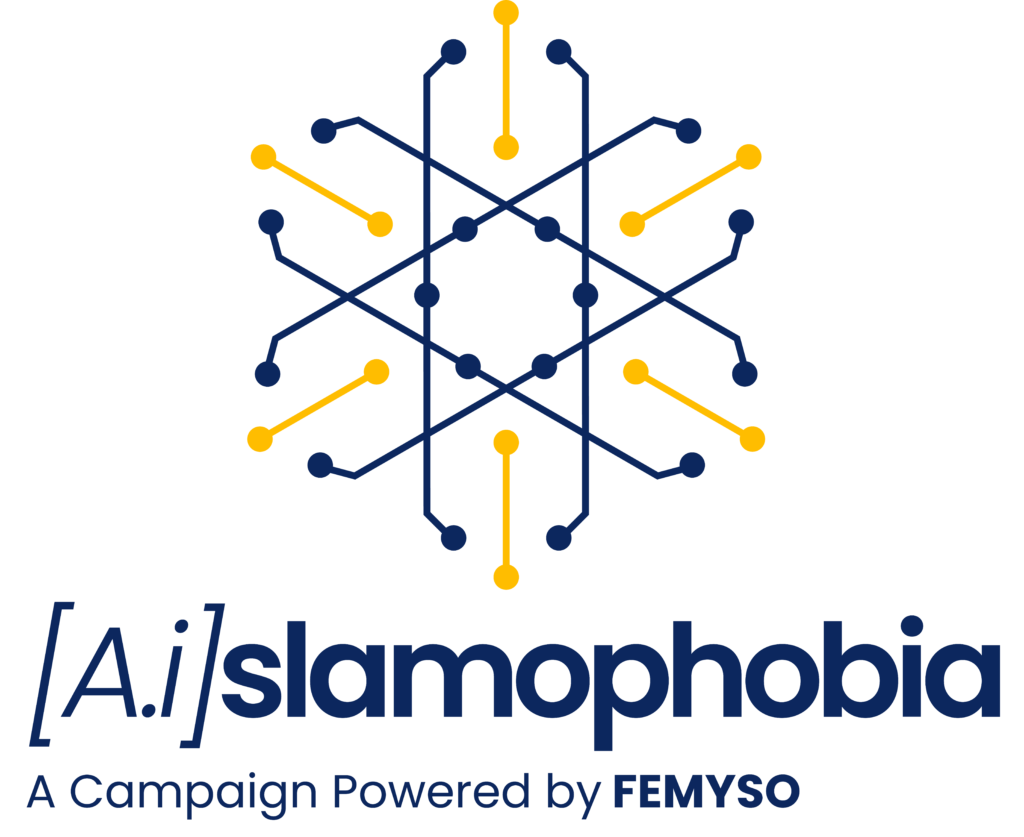[A.i]slamophobia
TRACKER
Recent Articles
Why have we created this database?
We have created this database to track incidents of AI and Islamophobia…
[A.i]slamophobia Training
In March 2024, we conducted a training on Islamophobia in Artificial Intelligence,…
What’s the purpose of the database?
The [A.i]slamophobia tracker documents academic reviews, journal articles, and news reports on cases of Islamophobia and anti-Muslim discrimination in AI systems. The curated and collected resources are part of a community and field building initiative to encourage more awareness and action on the area of AI and dsicrimination.
Its aim is it serve as a crucial resource for research, advocacy, and education by compiling comprehensive information on incidents, patterns, and impacts of Islamophobic AI. This information is gathered with the hope of aiding researchers and activists to identify trends, develop countermeasures, and inform policymakers on the impacts of these technologies on minoritised communities.
The [A.i]slamophobia Tracker will play a vital role in fostering a collective understanding of the multifaceted nature of AI-related incidents and hazards. FEMYSO hopes this knowledge will be used to identify risk patterns and inform the development of robust AI legislation that promotes trustworthy and responsible AI development and deployment across Europe. This resource is assembled and managed by volunteers with the aim to contribute to a more equitable and just society by exposing and addressing the harmful consequences of automated bias.
What are we looking for?
The [A.i]slamophobia tracker documents academic reviews, journal articles, and news reports on cases of Islamophobia and anti-Muslim discrimination in AI systems with the aim of empowering researchers, policymakers, and activists on the issue of Islamophobia in AI systems. They cover instances from bias in state services, to discriminatory approaches to content regulation by Meta; the range of topics and articles is indicative of the wide extent of the problem and the multifaceted ways that islamophobia in technology is impacting young Muslims.
This includes specific instances of bias, discrimination, or harm directed towards Muslims in Europe and globally in AI algorithms, datasets, or applications. Ultimately, the aim is to identify patterns, trends, and impacts of Islamophobia in AI to inform advocacy, policy development, and technological solutions.
How did we collect it?
Articles are identified and collected from a variety of sources: media outlets, academic reports and papers, and civil society publications. A systematic approach is employed to identify relevant information within these sources, potentially using keywords, search terms, or subject matter experts to refine the search process.
The analysis and classification of the collected data rely heavily on human judgment and expertise. The analysis focuses on key components of each information item, including the title, abstract, and the overall content. A set of predefined tags or keywords is used to categorize the information. These tags are carefully chosen to represent specific topics, themes, or concepts.
ABOUT US
The [A.i]slamophobia Campaign is a collective powered by FEMYSO with the aim of bringing a unique perspective on the impact of digital technologies in Europe.
FEMYSO (the Forum for European Muslim Youth and Student Organisations) is the only pan-European muslim youth group to work on an institutional level to represent the voices of marginalised young people. We are a volunteer led organisation that want to see a safer and more inclusive digital future.

FEMYSO
Find out more about what we do at FEMYSO